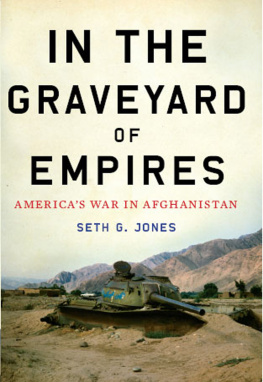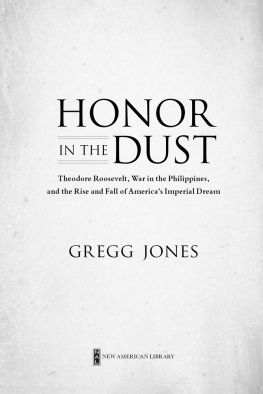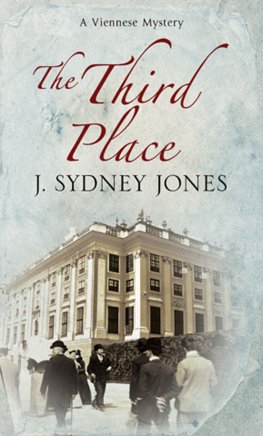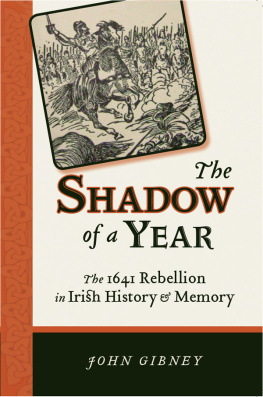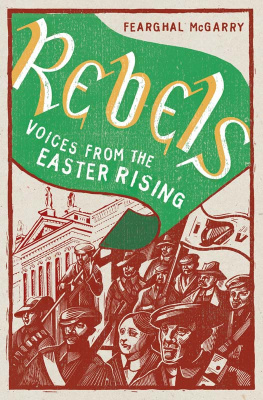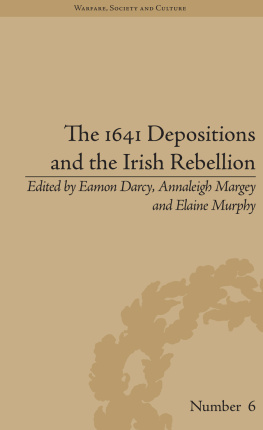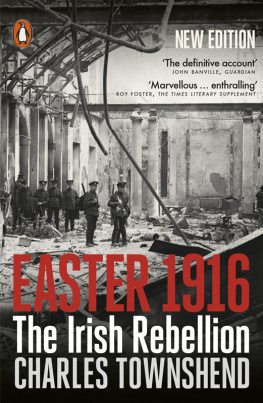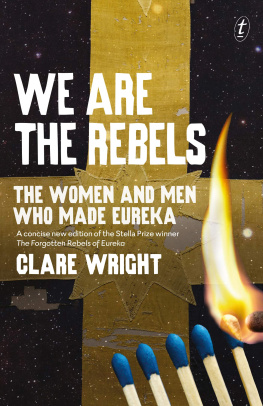Transcriber's Note
Inconsistencies and variations in spelling, hyphenation, capitalization, punctuation and grammar have been preserved in this ebook to match the text of the original document published in 1799.
Information about typographical corrections and dotted underlines can be found in a second Transcriber's Note .
AN IMPARTIAL
NARRATIVE
OF THE
MOST IMPORTANT
ENGAGEMENTS
WHICH TOOK PLACE BETWEEN
HIS MAJESTY'S FORCES
AND THE
REBEL S,
DURING
The Irish Rebellion,
1798.
INCLUDING VERY INTERESTING INFORMATION
NOT BEFORE MADE PUBLIC.
CAREFULLY COLLECTED
FROM AUTHENTIC LETTERS.
DUBLIN:
Printed and Sold by John Jones,
91, BRIDE-STREET.
1799.
(Price 1s. 1d.)
PREFACE.
The Editor with the most profound respect, submits to the Public the following narrative .It forms a small portion of a more extended work, calculated to contain the particulars of every remarkable occurrence, connected with the Rebellion, which happened in the course of the last year;a year which will constitute an epoch in the history of Ireland, and the events of which ought to be universally known.
The moment of action is not the most favourable to accuracy of detail:Notwithstanding the purest intentions and the most scrupulous regard to truth, much will remain, for candour to extenuate and information to supply. Impressed with this sentiment, and feeling the importance of the subject, the Editor has waited till the season of tranquility, and now presents to the public eye, the produce of his exertions. He wished to postpone the Publication in order to complete it, but he yields to the entreaties of his Friends, and finds it necessary to make some sacrifice to the eagerness of public curiosity: The remaining part is in preparation for the Press, and as he continues to be supplied by those who were witnesses at the transactions, and consequently most capable of communicating correct intelligence, he hopes soon to accomplish his design.
The Reader will perceive from the following specimen, that the accounts of the Battles are not arranged in chronological order; neither do they boast of any great pretensions to literary merit; but they will be found to have a recommendation more valuable than either authenticity . The Editor was less solicitous about the style of the work, than the truth of it, and where, upon investigation, the matter conveyed to him proved correct, he has given it in the language of his correspondent.
If History be, as it has been elegantly described, "Philosophy teaching by Example,"what example more necessary to be held out to public view, and transmitted to posterity, than that which shews the dreadful effects of a Revolution attempted by force? Where the visionary politician enjoys for so short a time his sanguinary triumphsuspected even by those whom he calls his friends, he is superseded by such as are more ferocious than himself, while the fury of Fanaticism equally destroys his prospects in the mad effort to exterminate one religion and substitute another.
The perusal of such transactions must suggest useful reflections. The surviving Loyalist will rejoice in the triumph of law and the restoration of order. The surviving Rebel will repent of his folly, and enjoy the comforts which Law and Order distribute.
Such are the motives and such the object which influence the Editor of this little Work. From those who may approve of it, and whose situation and leisure furnish the opportunity, he requests further assistance. Particulars of Engagements, not included in this part, will be thankfully received, and due attention paid to them in the subsequent Publication.
CONTENTS.
| Page. |
| , | 3 |
| , | 9 |
| , | 12 |
| , | ib. |
| , | 20 |
| 30 |
| LETTERS. |
| I. | , | 34 |
| II. | , | 38 |
| III. | 41 |
| IV. | , | 49 |
| V. | , | 52 |
| VI. | , | 57 |
| VII. | , | 60 |
| OFFICIAL ACCOUNTS. |
| 63 |
| , | 65 |
| , | 67 |
| LETTERS. |
| VIII. | , | 70 |
| IX. | , | 73 |
| X. | , | 78 |
| , | 76 |
| , | 77 |
| XI. | . | 78 |
| , | 80 |
| , | 80 |
| , | 81 |
| 83 |
| , | 86 |
| APPENDIX. |
| 87 |
| 88 |
WEXFORD CRUELTIES!
A GENUINE WORK.
J. JONES informs the Reader that in a few Days he will publish the Fourth Edition, greatly enlarged, on a small Type, and good Paper, intended to bind up with the present Narrative,
(Price only Sixpence Halfpenny)
A NARRATIVE
OF THE
Sufferings and Providential Escape
OF
CHARLES JACKSO N,
LATE RESIDENT IN WEXFORD:
Written by himself.
Giving an account of his confinement and ill treatment received from the Rebels; the political and religious interrogations of Dick Monk; the situation of Lord Kingsborough; description of the Rebel Camp; General Roache's proclamation from Vinegar-hill; description of Messrs. Harvey, Keugh and Grogan; the unheard-of cruel manner of piking the Loyalists; the re-taking of Wexford by his Majesty's troops; the liberation of the prisoners, succeeded by a truly affecting sceneThe general orders from Carrick-Byrne Camp;Proposal of the Rebels to General Lake, and his answer, with the singular account of Mr. Colclough's behaviour at the place of execution; also Mr. Grandy's Information before four magistrates at Duncannon-Fort.
pointing finger This present Edition sells for half the price of another published in Dublin.
Printing executed on the shortest NoticeEmblematic Ribbands impressed with Gold and Silver.
A
NARRATIV E,
OF THE MOST IMPORTANT
ENGAGEMENTS,
IN THE
IRISH REBELLIO N,
1798.
CLONARD is situate about Twenty five miles from Dublin on the Western road leading to Mullingar. Tho' constituted a post town, it is a very small village, consisting of an Inn and a few thatched houses; but from its situation being on the confines of two counties, Kildare and Meath, and having a bridge across the river Boyne, which opens a communication from Dublin to Westmeath, and from thence to Athlone and the Province of Connaught, it must be considered as a very important pass in all times of commotion and war. On the Dublin side of the town is situated the mansion house of the Tyrrell family, and at present belongs to John Tyrrell Esq. It is an old fashioned house, fronting the road from which it is separated by a high wall and a court yard; having an extensive garden upon its right, and a sheet of water upon the left.Mr. John Tyrrell, being a Magistrate of both Counties, Kildare and Meath, and having exerted himself early to suppress the disturbances which were occasioned by the Defenders, naturally became an object of their resentment, and having been repeatedly menaced with an attack, he fortified his house by building up the original hall door, opening another, which might flank the approach to the house, and barricading all the lower windows, so as to render them musquet proof.


